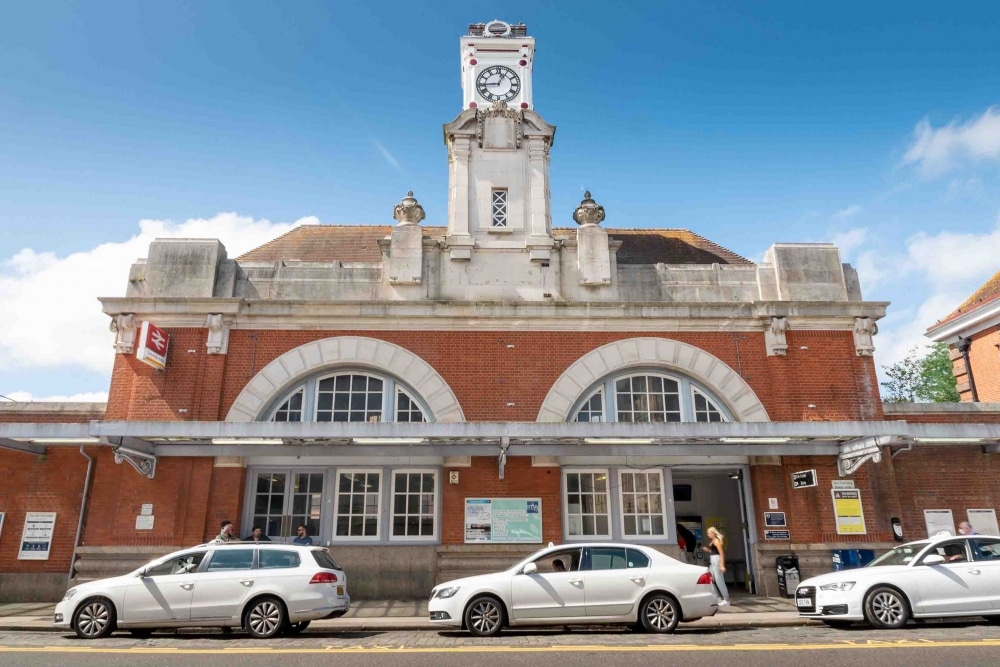If ticket prices are based on the same government metric as last year, fares are set to rise by around five per cent.
Increases are usually linked to the previous July’s Retail Prices Index [RPI] measure of inflation, plus an added percentage point.
The Office for National Statistics confirmed last week that the RPI for July was 3.8 per cent, which means a repeat of the policy next year would see fares rise by an average of 4.8 per cent – the largest increase since 2012.
The record hike would mean a standard annual season ticket into London from Tunbridge Wells will increase by £242, from £5,046 to £5,298.
Those commuters that also rely on the tube can expect their £5,864 season ticket and Travelcard to rise by £281, to £6,145.
If the fares do increase as predicted, it will mean commuters will have to earn up to £9,000 before tax (£10,500 for higher rate payers) just to pay for their commute.
The news comes as the rail network is struggling to attract commuters back following the Covid crisis.
Around 2.8 million fewer journeys were being taken out of Tunbridge Wells station in 2020/21, as national passenger numbers plunge to their lowest levels since 1872.
Southeastern, which provides train services in Tunbridge Wells, Crowborough and the surrounding areas, has seen passenger numbers plunge to 22.4 per cent of pre-pandemic levels.
Tunbridge Wells Station saw its season ticket commuter numbers fall from 3,472 a day to just 1,041.
A number of employers have since said they will continue a mix of home and office working rather than ask employees to return full-time.
Some employers have also argued that a move to more homeworking could see salaries slashed, with firms based in cities such as London often paying higher wages to cover travel costs.
Tech giant Google has already told employees based in the office before the pandemic to expect to see changes in pay if they switch to working from home permanently, with commuters taking the longest journeys being hit hardest.
John Reynolds, Vice Chairman of local rail pressure group Tonbridge Line Commuters, told the Times rail fares should not be based on the RPI.
He said: “Any increase in rail fares should be based on CPI [Consumer Price Index], a lower index which the government uses for calculating most other things, including public sector pay increases.
“Some people, especially those essential workers in low-paid jobs, have no realistic alternative to using trains and should not be penalised.
“Rail is a very efficient method of moving large numbers of people (and freight) without causing as much pollution or congestion as, for example, road journeys.
“Making fares more expensive will put off many people. As we get back to normal, leisure travel is also increasing and tourist venues would welcome visitors by rail rather than having to build more car parks.”








